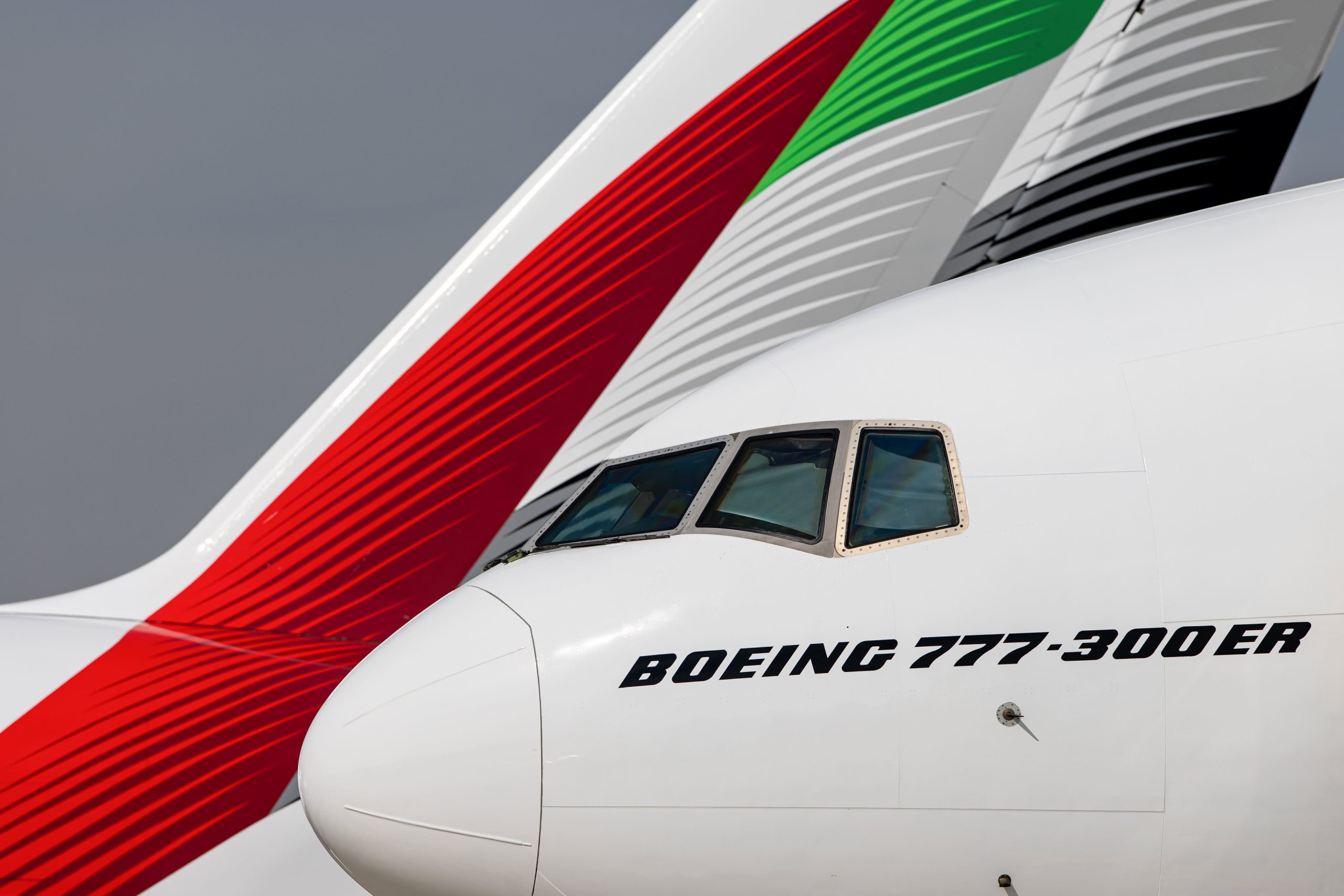Speaking to CNBC at the Dubai Airshow, Emirates President Tim Clark said he had faith Boeing could “restore [its] former glory” — but nonetheless, the airline is doing what it can to ensure the beleaguered aircraft manufacturer holds up its end of the agreement.
Emirates announced Monday it has placed an order for 65 Boeing 777-9 planes, worth $38 billion at list prices — taking Emirates’ total orderbook with the planemaker to 315 widebody jets. Clark told CNBC the airline was hoping to receive the first of the new Boeing aircraft in the second quarter of 2027.
Emirates is Boeing’s biggest customer when it comes to wide-body aircraft, but the airline has been struggling with prolonged delays to Boeing’s 777X program amid certification and production challenges. Boeing has also struggled to deliver other aircraft, including its 737 jets, after a strike at the firm late last year hit production.
“We’re kind of holding Boeing’s feet to the fire,” Clark said, noting that while the aircraft is “sound,” Boeing is having to contend with huge certification requirements that come with a new aircraft and slower processes at the Federal Aviation Administration which has been impacted by the U.S. government shutdown.
Restoring Boeing’s ‘former glory’
Emirates has been critical of delays to deliveries from Boeing in the past, with Chairman and CEO Sheikh Ahmed bin Saeed Al Maktoum telling CNBC last year that the airline was “not happy really with what’s going on.” Amid the delays, Emirates has spent billions of dollars retrofitting its older planes to plug capacity gaps.
Other airlines have also been impacted by postponements to Boeing deliveries. Earlier this year, budget airline Ryanair cut its passenger traffic goal, citing Boeing delays.
Despite Boeing’s ongoing challenges, however, Clark told CNBC he expects Boeing can, and will, turn itself around.
“I know the Boeing of old, and I know what Boeing could do, and they were really, really a great company,” he said. “I see no reason why what has happened in the last decade cannot be fixed, and that Boeing cannot restore itself to its former glory of being an aeronautical engineering designer of excellence.”
Boeing has also come under intense scrutiny in recent years following a series of fatal crashes involving its aircraft. Earlier this year, a Boeing Dreamliner operated by Air India crashed moments after taking off from Ahmedabad, India. In late 2018, Ethiopian Airlines Flight 302 — a Boeing 737 Max 8 aircraft — crashed in a rural area southeast of Addis Ababa, killing everyone on board. It came just months after another 737 Max 8 aircraft went down just after takeoff from Jakarta, Indonesia.
When it comes to safety concerns, Clark insisted that Boeing has worked hard to shore up the security functions on its planes.
Boeing is now focused on operational safety, quality control and reviewing systems and protocols across the board, Clark said. “If they get all of that right, it will take time, but with the new management, they have a strong chance of restoring the company to its former glory,” he added.
“We’ve got 270 now of the 777, the biggest 777 order probably in history, when you take it all together — I don’t think we’d be doing that if we weren’t confident they were going to be able to deliver,” Clark said.
“So we’re right behind them. We’ve been moaning, as you would expect — it has not been easy or cheap for us to remediate the lack of capacity, but in the end, you have to put your faith in what I believe to be a strong and sound company that well managed, they’ll get themselves out of this and rolling out airplanes at pace in the next five [to] seven years.”
— CNBC’s Emma Graham and Leslie Josephs contributed to this article.
International: Top News And Analysis
Read the full article <a href="Read More” target=”_blank”>here.


